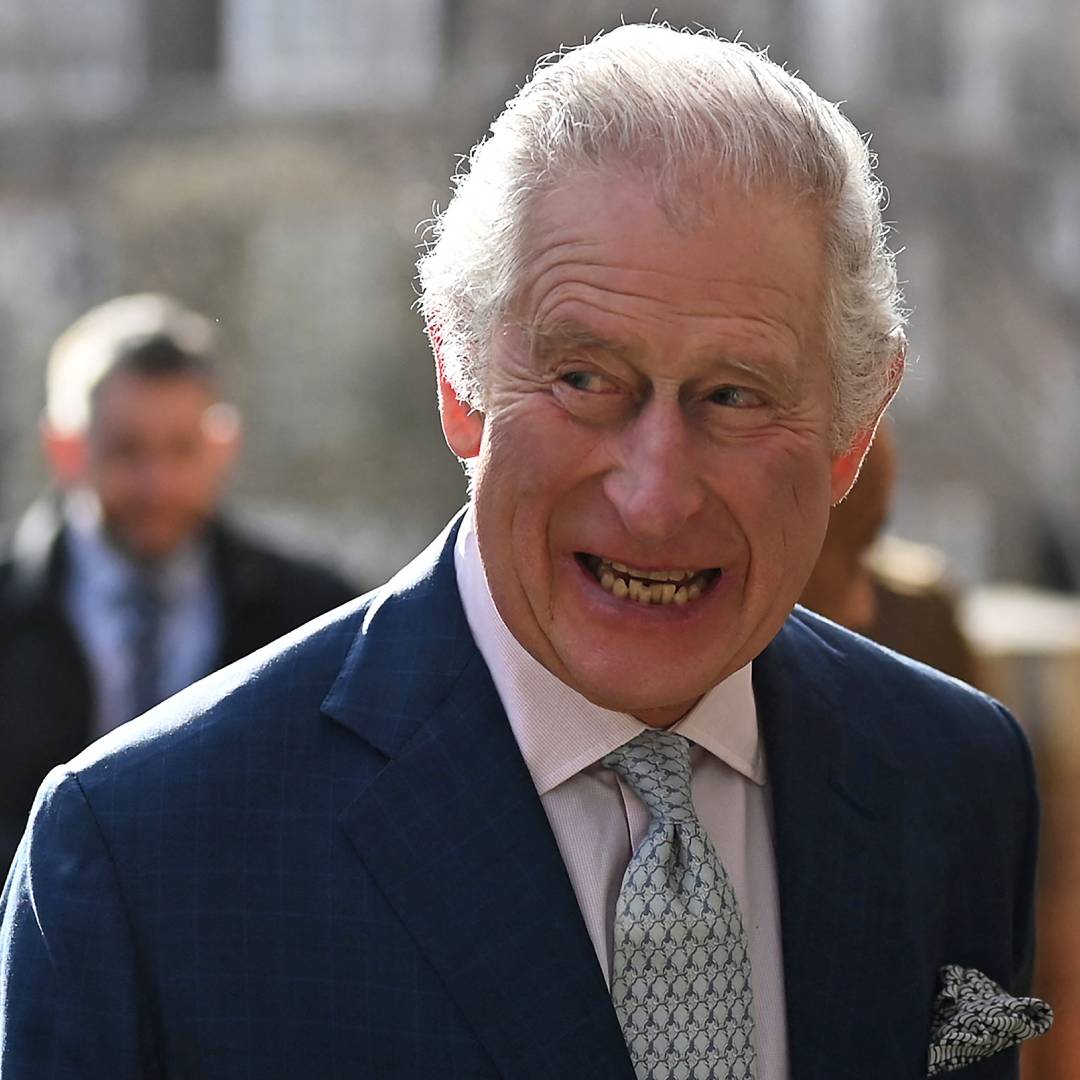
King Charles III is set to celebrate his and the Queen Consort's Coronation on 6 May at London's Westminster Abbey, although there are set to be more celebrations to follow over the weekend, which will also see us enjoy an additional bank holiday too.
Charles was recognised as the new British sovereign after the late Queen Elizabeth II passed away in September 2022.
Body language expert, Darren Stanton, believes the 74-year-old is more ready than ever for his new role as monarch, and has come on leaps and bounds since his younger years, in particular in comparison to his Prince of Wales ceremony on July 1, 1969.
In 1969 Charles became the Prince of Wales in a ceremony, which took place at Caernarfon Castle in Wales.
Darren noted the now King showed "distressed signals" when he was younger, as he blinked a lot, and seemed a little shy, although he has grown in confidence.
Speaking on behalf of Betfair Bingo, Darren shared: "When we look at the body language of Charles as a young man in 1969, he displayed a lot of distress signals.
Not distress in the true sense of the word, but distress in terms of a real deep lack of confidence.
"At the time, he made a gesture that he hasn’t for many years, which is to do with his hands. During the ceremony, he was often seen doing something called hand ringing, which is a signal someone makes when they feel nervous. It’s a self assurance gesture, but on a very high level of the anxiety scale.
"He also appeared very uncomfortable speaking to the cameras. While analysing his blink rate, I noticed that he tended to blink quite a lot. H
"is speech also seemed to be quicker, which could have been linked to his lack of confidence and experience in speaking to the camera.
"If we think back, it was a totally different era and a lot of royal protocols were in place. He was obviously very conscious of making a mistake in public. At the time, Charles definitely displayed a number of signals, which showed a real lack of confidence, uneasiness and vulnerability."
However, Darren has since noted Charles appears "more statesmanlike", as he is the King of England.
He continued: "In terms of his posture and demeanour now, Charles is a lot more statesmanlike. He seems a lot more confident in the way he stands. Nowadays, he tends to stand upright, with his shoulders back and his posture straight.
"Again, he comes over with a lot more confidence and self reassurance. He tends to be a lot more sporadic and moves more quickly. We don’t see that many pacifying gestures now as we once did back in 1969.”
While Darren has noted Charles has become more confident, since losing his mother last year, he has found changes again.
Darren added: "With any new job, there’s always going to be a period of transition, where you may feel disjointed and a little bit strange. Prince Charles’ journey to becoming King has been no less different, but on a much larger scale.
"For decades, Charles was protected by the Queen, as she was the one who regularly attended events and made crucial decisions as monarch.
"Since her passing, we’ve seen a number of changes in Charles. In terms of non verbal signals, his levels of confidence whilst interacting with other statesmen and senior politicians has developed greatly. Charles was never a man who came over as entirely confident, which was evident in his engagement interview with Princess Diana.
"However, certainly since the passing of the Queen, we have seen a number of developments in his overall self assurance and confidence levels.
"There has generally been a decrease in the level of pacifying gestures, which are often used in moments of self reassurance, for example biting our lip or touching our face.
"The classic ones I’ve previously observed with Charles is that he used to place his hand inside his jacket. Also, King Charles used to play with his cufflinks quite a lot, which is a pacifying gesture. The fact that he does not show these gestures anymore tells me that he has become more confident - not only in his role, but also within himself.
"However, I have noticed a real genuineness in his body language in recent months, which is something he may have held back on before. This has been evident by the apparent warmth and joy in his facial muscles. We generally cannot fake this type of emotion. Overall, not just from a non verbal perspective, but from a physical way in which he carries and conducts himself, I now feel that Charles feels in control and is ready to become King."







